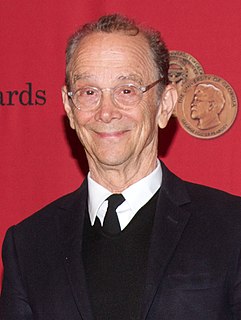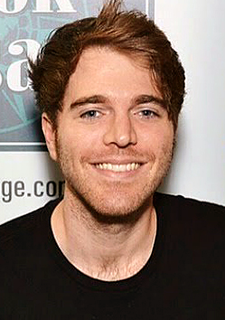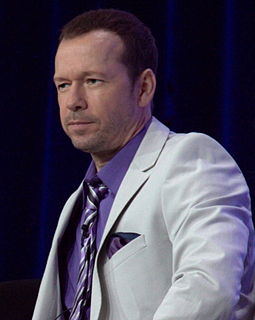A Quote by Franklin Foer
When I started off in journalism, you knew there was an audience out there and that you wanted people to read what you produced. But it also felt like you had a limited ability to shape the audience, or to acquire an audience, for what you were doing. So you didn't really think too much about that.
Related Quotes
I think when you're younger, as an actor you have much more of a notion that you are doing something to the audience. But with experience, I think you begin to worry less about what the audience's experience is and concentrate on working with the other actors, and that tends to let the audience do more work.
We played a show the other week at this festival and it was an audience that I'd never normally play in front of. That's one the greatest things about festivals: you don't always get your audience, you get people who just pop in out of curiosity. The reaction was amazing; there were people dancing, which we've never had, I guess because the message is pretty powerful and the performance is a lot more visceral than it has been previously. The audiences seem to be reacting to that really well and it's a wonderful thing, because at a performance you really bounce off your audience.
I think everybody's goal was to make something that was really broad for a big audience, which was my goal too. But my main goal was that I wanted my audience to love it, because they're the ones who are going to buy it, and they're the ones who are going to tell their friends. And I wanted to make sure that core audience was really happy, because if they all buy it we have a successful movie.
I was also a fan of the first one Saw movie. I knew there was a danger in doing the sequel, especially like this. They have such a core audience for the Saw movies. The fans of the movie actually demanded a sequel. They were on the internet going crazy. I don't even go on the internet. I don't even know how all this stuff happens. But they wanted it and one the one hand that's good, because you know there's an audience.
I don't think about the audience, I don't think about what makes them happy, because there's no way for me to know. To try to think of what makes for entertainment is a very Japanese thing. The people who think like this are old-fashioned. They think of the audience as a mass, but in fact every person in the audience is different. So entertainment for everyone doesn't exist




































